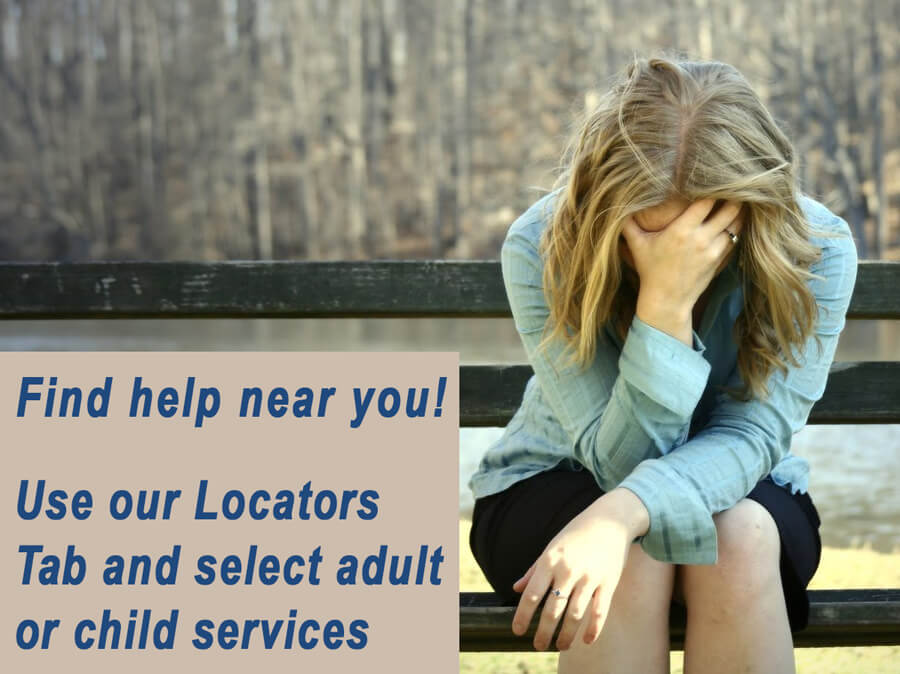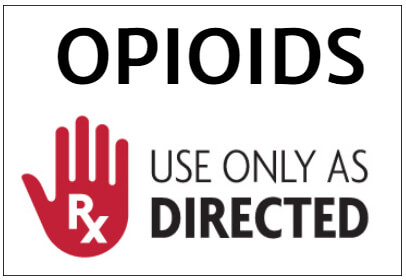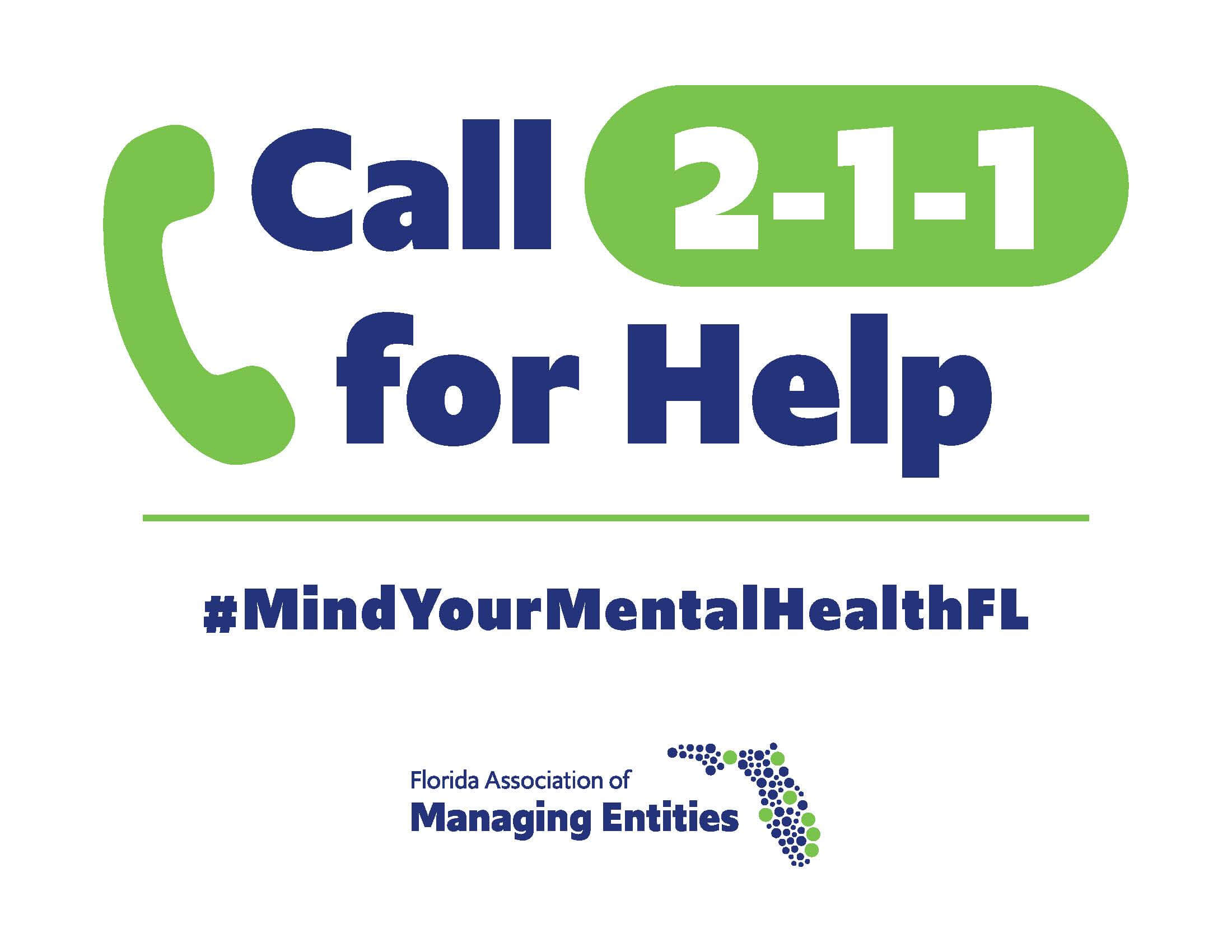Three Steps to Take To Help in a Mental Health Crisis
Originally posted: 6/29/2018
Reviewed & Updated: 10/8/2019
A mental health crisis can take many forms — panic attacks, self-harm, thoughts of suicide, hurting others, breaking the law. No matter what kind of crisis someone is facing, you can help. If it is safe, stay with that person while they’re at risk and do not hesitate to call a crisis response team or medical professional.
Here is some advice from the National Alliance on Mental Illness.
Action steps to help
1. Listen and communicate clearly.
When de-escalating a crisis, it is important a person feels heard and understood. Use body language to show you’re listening. Face the person and make eye contact. You also can reflect their feelings and summarize their thoughts to help them feel validated. Do this by restating what they have told you and ask them if you “have it right.” Make sure your tone is empathetic and non-judgmental tone. Do not attempt to minimize problems or give advice as this may create distance and further upset them. Let them know that what they are experiencing is not their fault and offer your help.
Do:
- Keep your voice calm
- Avoid overreacting
- Listen to the person
- Express support and concern
- Ask how you can help
- Move slowly
- Reduce stimulation from TV, bright lights and loud noises
- Avoid continuous eye contact
- Offer options instead of trying to take control: “Do you want me to turn off the lights?”
- Gently announce actions before initiating them
- Avoid touching the person unless you ask permission
- Give them space; don’t make them feel trapped
Don’t:
- Don’t promise secrecy. Say instead: “I care about you too much to keep this kind of secret. You need help, and I’m here to help you get it.”
- Don’t ask questions in a way that indicates you want “no” for an answer, such as “You’re not thinking about suicide, are you?” or “You haven’t been throwing up to lose weight, have you?”
- Don’t make judgmental comments
- Don’t argue or try to reason with the person
- Don’t debate the value of living or argue that suicide is right or wrong
- Don’t try to handle the situation alone
2. Assess the situation.
If you can’t de-escalate the crisis yourself, you can seek additional help from mental health professionals who can determine the level of crisis intervention required.
Consider these questions:
- Is the person in danger of hurting themselves, others or property?
- Do you need emergency assistance?
- Do you have time to start with a phone call for guidance and support from a mental health professional?
3. Call for help.
If you don’t believe there is immediate danger, call a psychiatrist, clinic nurse, therapist or family physician who is familiar with the person’s history. This professional can help assess the situation and offer advice.
If you can’t reach someone and the situation is worsening, consider calling a mental health crisis unit, crisis response team or other similar contacts.
National Suicide Prevention Lifeline: 800-273-8255
National Sexual Assault Hotline: 800-656-4673
National Domestic Violence Hotline: 800-799-7233
Crisis Text Line: Text 741-741 to receive crisis support via text message from the National Alliance on Mental Illness.
Call 911 if the crisis is a life-threatening emergency. Make sure to notify the operator that it is a psychiatric emergency and ask for an officer trained in crisis intervention or trained to assist people experiencing a psychiatric emergency.
Warning signs of a mental health crisis
Source: www.nami.org









